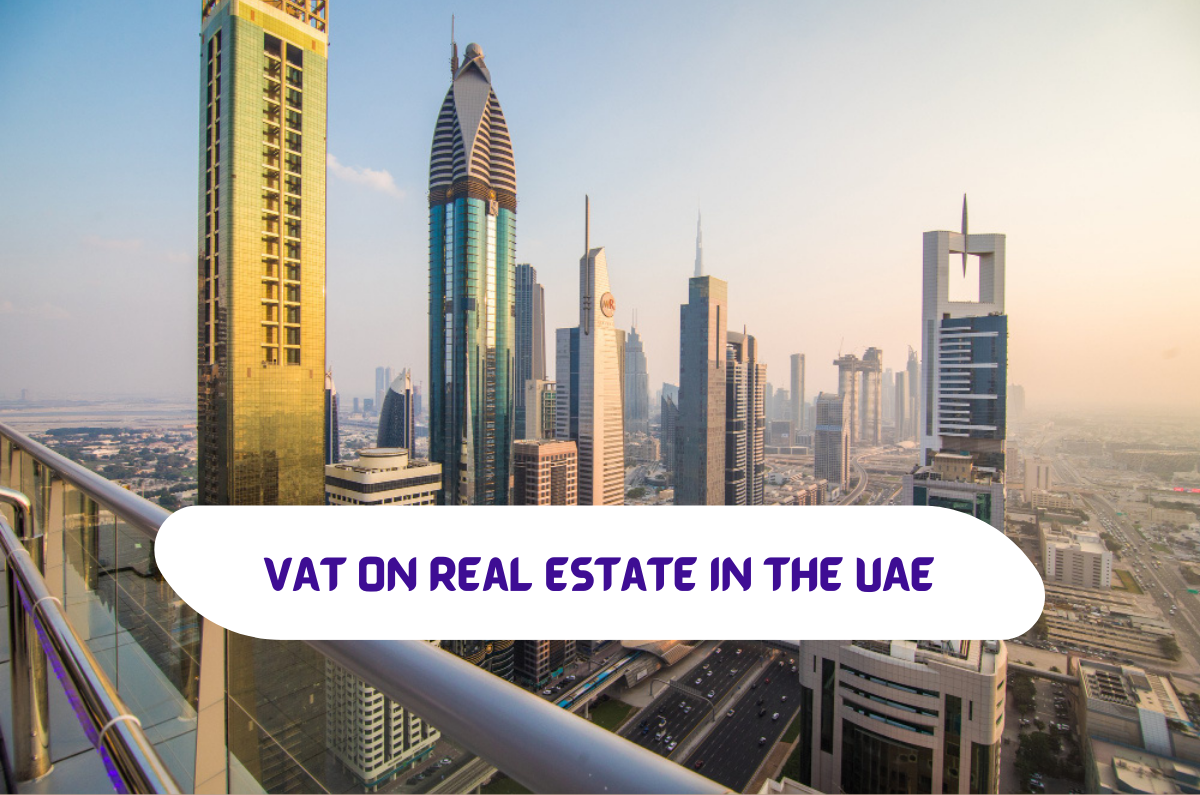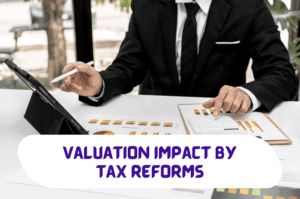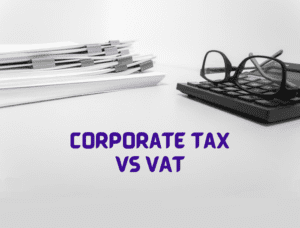Introduction
The UAE’s Value-Added Tax (VAT) system impacts many industries, including real estate. Whether you are buying, selling, or leasing property, understanding VAT regulations is crucial to avoiding penalties and managing costs effectively. This blog explores the key aspects of VAT on real estate transactions in the UAE and how businesses and individuals can navigate these requirements.
How VAT Applies to Real Estate in the UAE
VAT applies to various real estate transactions in the UAE. It is important to distinguish between residential and commercial properties, as VAT treatments differ.
- Residential Properties
The sale or lease of a residential property is typically exempt from VAT. However, the first supply of a new residential property within three years of its completion is subject to 0% VAT, meaning no tax is charged. - Commercial Properties
The sale or lease of commercial property in the UAE is subject to VAT at the standard rate of 5%. Businesses need to ensure they charge VAT on these transactions and comply with VAT filing regulations.
Key Considerations for Real Estate VAT Compliance
-
Registration
Real estate businesses or individuals involved in commercial transactions must register for VAT if their taxable turnover exceeds AED 375,000.
-
Input Tax Recovery
VAT-registered businesses can recover VAT paid on expenses related to commercial real estate transactions, such as legal fees, maintenance, and renovations.
-
VAT on Mixed-Use Developments
For properties that serve both residential and commercial purposes, the VAT treatment will differ for each portion of the property. Proper accounting and VAT compliance are essential.
Conclusion
Navigating VAT on real estate transactions in the UAE requires careful attention to the type of property and applicable regulations. At Limrise, we offer expert VAT advisory services to help businesses and individuals comply with real estate VAT requirements.
Contact Us Today!
📞 +971 50 786 2491 | +971 55 285 2393
✉️ hello@limrise.com






